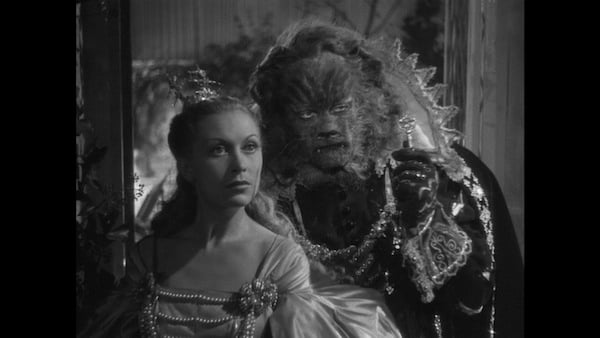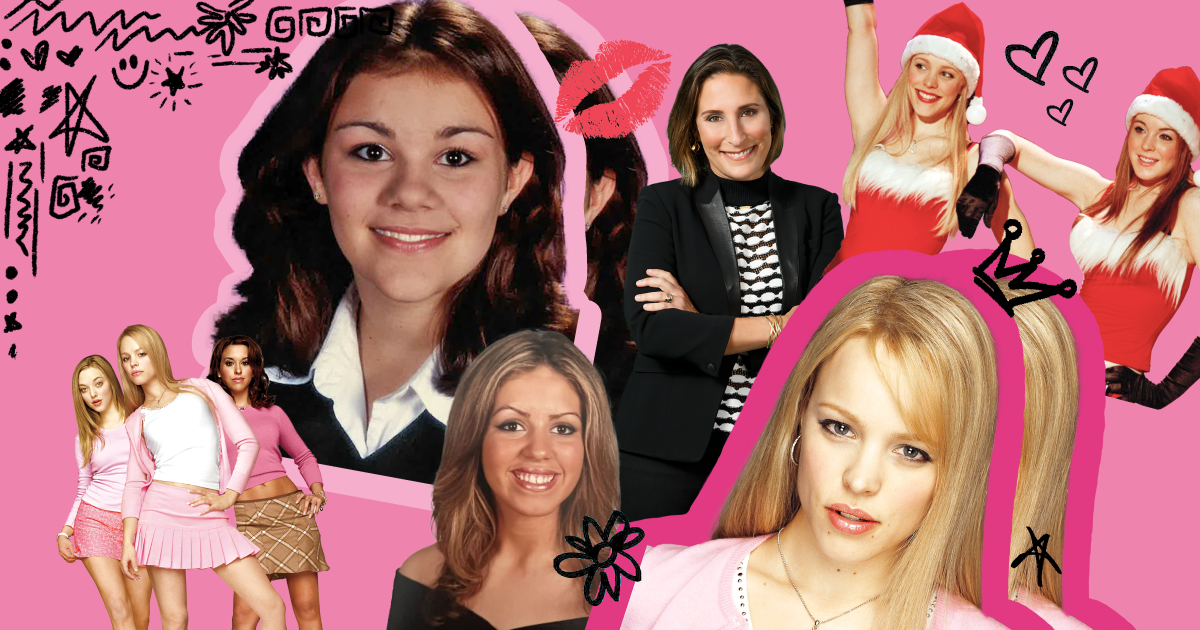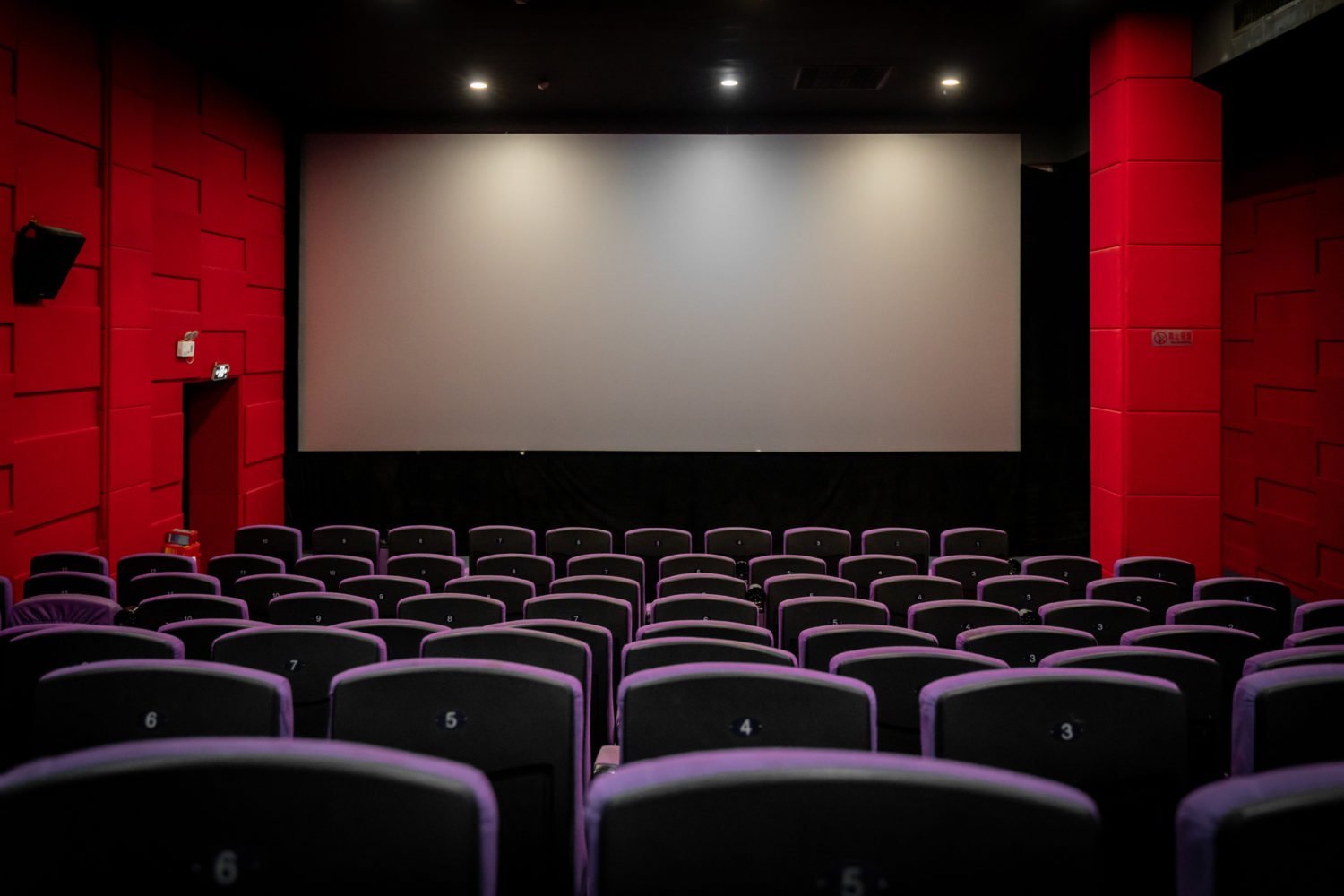Josette Day and Jean Marais in Jean Cocteau’s 1946 version of Beauty and the Beast. Photograph courtesy of Criterion.
Steven Spielberg’s War Horse, adapted from a hit play that was adapted from a children’s book, is essentially a World War I spin on Black Beauty: Our protagonist is the horse, who gets passed from owner to owner, accumulating different stories and experiences wherever he ends up. In this case, brown stallion Joey makes his way from the picturesque hills and farms of southwest England to the French countryside as a cavalry horse to a quiet fruit farm, and then back into the fray as an expendable work horse towing heavy artillery for the Kaiser’s army. The film has many things to recommend it, including some of the most stunning battlefield scenes from Spielberg since Saving Private Ryan. But it’s also a tonal mess, moving from borderline silly childish comedy in its opening scenes—which recall the saccharine artificiality of ’50s and ’60s live-action Disney features—to some truly harrowing war sequences. The first half hour seems like a movie for kids, but some young ones are going to find the things that happen to Joey in the latter half to be too intense, particularly since Spielberg doesn’t really pull punches when in wartime mode. This is a film being tossed around as a big Oscar contender, and it effectively fits plenty of Oscar formulas, with sweeping melodrama and plenty of heartstring tugging. It’s an interesting film to watch if only to see Spielberg try—and ultimately fail—to make these different moods work together.
View the trailer. Opens Sunday at many area theaters.
Has any director ever released two massive, wide-release, big-budget films in the same week before? After a relatively quiet past six years, in which he only made one feature (and really, we’d like to forget that he made Indiana Jones 4), Steven Spielberg has another movie in theaters: this motion-capture animated adaptation of the popular series of comics produced by Belgian artist Hergé from the 1920s to the 1970s. This particular story is taken from three of those books produced in the early ’40s, in which our titular hero purchases a model ship at a flea market, and is then kidnapped by a villain in search of sunken treasure. What follows is a fantastic adventure as Tintin, who escapes the villain’s clutches, teams up with a salty sea captain to try to get to the treasure first. Reviews have been a little mixed, and your enjoyment may depend largely on whether or not you’re creeped out by the uncanny valley-adjacent animated characters, who, as in other motion-capture features like The Polar Express, look just real enough to be mildly disturbing in the ways in which they fall short of reality. If you can get past that, this looks to be Spielberg in old-fashioned rollicking adventure mode.
View the trailer. Now playing in many area theaters.
So the family has all arrived for the holiday weekend, and they’re asking you what there is to do around this town. Should any of them be cinematically inclined—or just fans of things that are jaw-droppingly amazing to look at—you can point them in the direction of the National Gallery of Art, which will be hosting not one, but two screenings of Jean Cocteau’s visionary, dreamlike version of Beauty and the Beast on Saturday. The screening is part of the institution’s Cinéma Fantastique series, which presents French films from throughout the 20th century with surreal and irrational approaches to visual storytelling. Few examples are as appropriate as Cocteau’s film, which takes the well-known fairy tale and puts onscreen impossible images that astounded audiences at the time. Making the impossible possible onscreen is expected in today’s technological filmmaking, but in 1946, the notion that Cocteau could make a film that felt so convincingly like the unbounded visions we create in our own heads was revelatory. Even more amazing, perhaps, is that 65 years later it seems just as amazing, demonstrating that Cocteau’s genius was not just technical, but also involved far less tangible techniques for tapping into our subconscious.
View the trailer. Saturday at 2 and 4 PM at the National Gallery of Art. Free.
Perhaps the best film of David Cronenberg’s violent, low-budget early days as a filmmaker, Videodrome centers on a Toronto cable executive (James Woods) who discovers a pirated broadcast of the violent murder-and-torture-based program of the film’s title. Desperate to improve his own station’s ratings, he begins broadcasting it himself. But what he doesn’t know is that this is TV that’s truly bad for you—not in the usual sense, but in that it’s an experiment in using television signals to physically affect the viewer; watching the program causes hallucinations and brain tumors in viewers, completely altering their realities.
View the trailer. Monday at 8 PM at McFadden’s. WPFS Screenings are free, but a $2 donation is suggested.
One of the most celebrated films of the end-of-year awards season, and probably the current front-runner for the Oscar race at this relatively early date, The Artist is French director Michel Hazanavicius’s homage to silent films, and a particularly timely look at the transition from silents to talkies, given the current upheaval in the movie industry as we transition from film to digital. The film stars Jean Dujardin as a silent film star who falls on hard times after he refuses to make the switch to talking pictures, believing them to be a fad, inferior to the purity of the silents. Hazanavicius makes The Artist as an almost entirely silent film itself, employing just a couple of moments of sound in clever ways. The film is hugely entertaining and well made, but personally I’d rate it far from the best of the year. As reverent looks at early cinema go, Martin Scorsese’s Hugo is a far better and more affecting film. The silent film conceit sometimes borders on gimmickry, albeit crowd-pleasing gimmickry. Still, any complaints about the film are probably more a reaction to the slightly overblown praise it’s received so far. It’s still a wonderful film, and highly recommended, even if not quite one of the best of the year.
View the trailer. Opens tomorrow at a number of area theaters.
DVD Pick of the Week: Midnight in Paris
Woody Allen has made at least one movie every year since 1982, a pretty astounding pace when you think about it. The result is a wildly uneven filmography from a writer and director who doesn’t appear to be very selective; he writes it, he makes it, and he moves on to next year’s project. It makes his later career easier to write off, since there are as many misses as hits, if not more. But if you remove the obvious turkeys, his filmography is as respectable as that of anyone who made movies at a more reasonable pace over that time. All of which is to say: Can we please stop expressing shock that Allen made a film as lovable, accessible, and crowd-pleasing as Midnight in Paris? It’s pretty clear at this point that as long as he keeps making films, he’ll make some bad ones, some mediocre ones, and some ones that really connect. If you haven’t gotten around to it yet, his latest is a whimsical tale of a writer with romantic notions of the past, who, while on vacation in Paris, finds himself whisked from the present to the days when the city’s streets were littered with some of the greatest writers and artists of the century. As in another great Allen film with a fantasy conceit, The Purple Rose of Cairo, the director never feels the need to explain the nature of the strange events, and instead just uses them to explore the film’s theme—which, in this case, is a wryly self-analyzing look at the power of nostalgia to color our perception. Allen directs his criticisms at himself, but they might also apply to all those who constantly grouse about how much better he was back in the good old days of Annie Hall and Manhattan.
Special Features: Woody Allen DVDs are notoriously light on extras, but this one does include a brief press-conference-style interview with Allen and the cast from Cannes this year.
















